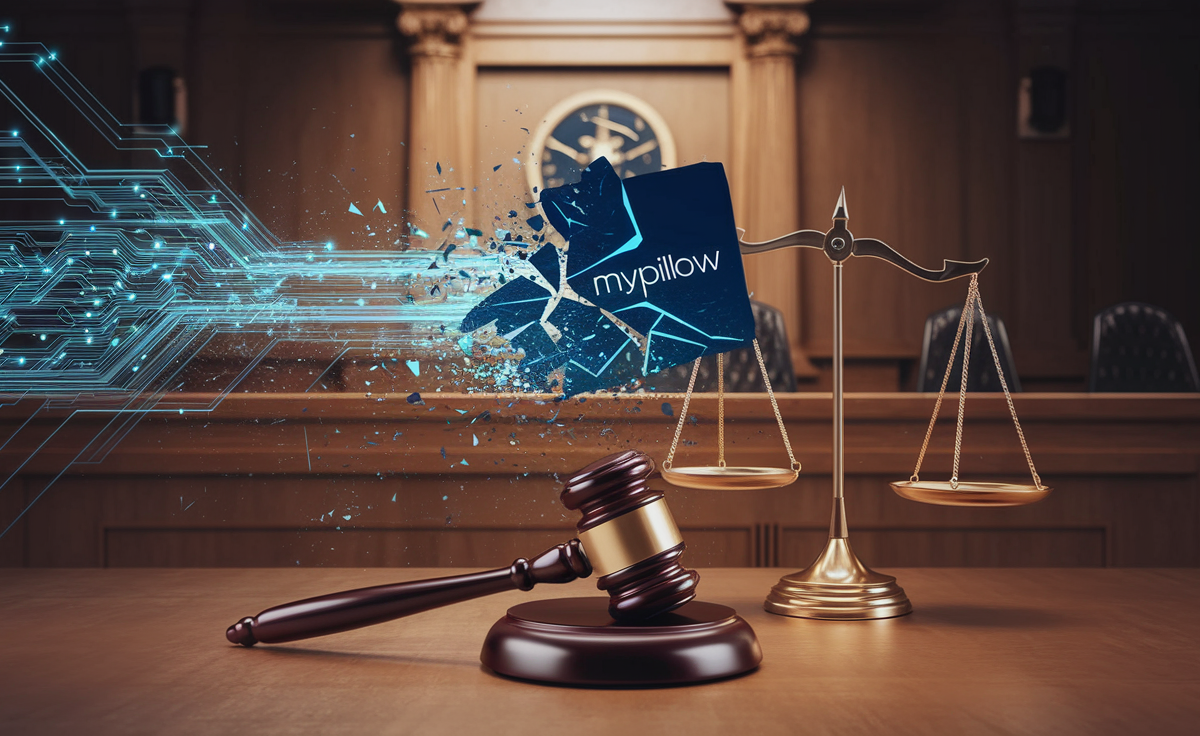Artificial intelligence has been used to draft legal documents before, but rarely does it result in a hefty fine for a high-profile case. At the heart of this technological revolution, a controversial instance has emerged. The legal team of MyPillow and its CEO, Mike Lindell, faced a $6,000 fine after using AI to draft a court document that was littered with misquotes and references to non-existent cases.
Artificial Intelligence, or AI, has been embraced by many industries for its ability to streamline processes and increase efficiency. In the legal field, it’s no different. Lawyers have started using AI for a range of tasks, from conducting legal research to drafting documents. However, this case involving MyPillow and its CEO Mike Lindell brings to light some of the risks associated with relying too heavily on AI.
The emergence of AI in legal practice signifies a major shift in the industry. The technology holds great promise for automating tedious tasks, enabling lawyers to focus more on strategy and client relations. However, the incident with Lindell’s legal team illustrates the potential pitfalls of AI. The technology is still evolving and, as this case shows, it can make mistakes that human lawyers would likely avoid.
The ongoing legal battle between Lindell and Dominion Voting Systems underscores the importance of human oversight when using AI in legal practice. The issue at hand is not merely about a technological error, but also about the responsibility of the legal professionals who used the AI tool.
Breaking Analysis: Key Information
MyPillow’s lawyer, Christopher Kachouroff, and his law firm, McSweeney Cynkar & Kachouroff, were fined $3,000 jointly. Another lawyer, Jennifer DeMaster, was ordered to pay a separate fine of $3,000. The judge deemed this as the minimum adequate sanction to deter and punish the defense counsel.
This case is a stark reminder of the risks associated with using AI in the practice of law. The technology has been adopted by many firms in an attempt to streamline their operations. However, as this case shows, overreliance on AI can lead to significant errors and legal consequences.
AI usage in law is a fast-growing trend. However, this case serves as a wake-up call, presenting a compelling comparison of the benefits and pitfalls of AI utilization in legal practice.
What This Means for You
This case has implications not only for legal professionals but also for the general public. It underscores the need to scrutinize AI-assisted processes carefully, as they can lead to unexpected errors and consequences.
The winners in this case are those who maintain a balanced approach towards AI adoption, understanding its strengths and weaknesses. On the other hand, the losers are those who blindly trust AI without considering the potential risks.
What Happens Next
Going forward, it’s clear that AI will continue to play a significant role in the legal field. However, this incident underscores the importance of human oversight. Key dates for the evolution and regulation of AI in law are likely to be influenced by this case.
One piece of actionable advice is to exercise caution when using AI for complex tasks. The main action is to ensure proper human oversight is in place when employing AI tools.
Leaving this case behind, we can see that the future is not about completely replacing humans with AI in legal practice. Instead, it’s about leveraging the strengths of both to create a more efficient and effective legal system. The advancements in AI are undoubtedly exciting, but they should be approached with caution. The technology is an excellent tool, but it’s not infallible. As we move forward, it’s crucial to remember that AI is just a tool, and like any tool, it’s only as good as the person using it.
